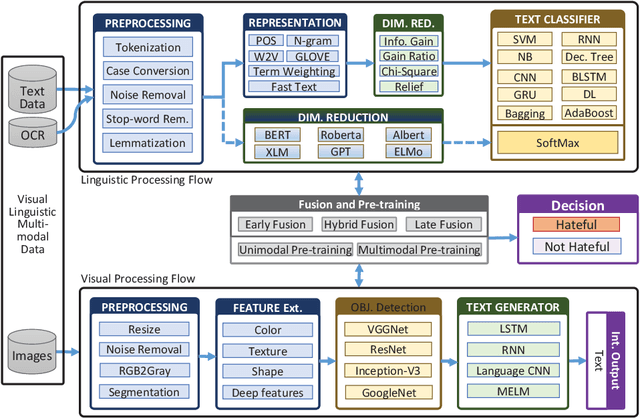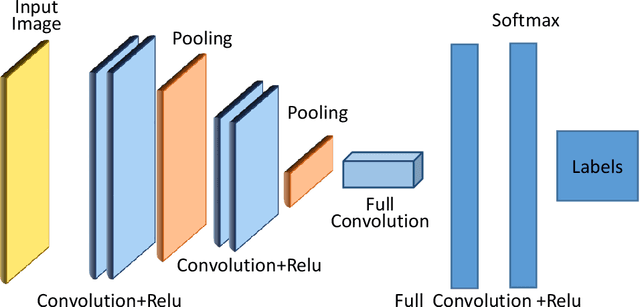Aftab Alam
BERT-Embedding and Citation Network Analysis based Query Expansion Technique for Scholarly Search
Jan 26, 2023



Abstract:The enormous growth of research publications has made it challenging for academic search engines to bring the most relevant papers against the given search query. Numerous solutions have been proposed over the years to improve the effectiveness of academic search, including exploiting query expansion and citation analysis. Query expansion techniques mitigate the mismatch between the language used in a query and indexed documents. However, these techniques can suffer from introducing non-relevant information while expanding the original query. Recently, contextualized model BERT to document retrieval has been quite successful in query expansion. Motivated by such issues and inspired by the success of BERT, this paper proposes a novel approach called QeBERT. QeBERT exploits BERT-based embedding and Citation Network Analysis (CNA) in query expansion for improving scholarly search. Specifically, we use the context-aware BERT-embedding and CNA for query expansion in Pseudo-Relevance Feedback (PRF) fash-ion. Initial experimental results on the ACL dataset show that BERT-embedding can provide a valuable augmentation to query expansion and improve search relevance when combined with CNA.
A Multimodal Memes Classification: A Survey and Open Research Issues
Sep 17, 2020

Abstract:Memes are graphics and text overlapped so that together they present concepts that become dubious if one of them is absent. It is spread mostly on social media platforms, in the form of jokes, sarcasm, motivating, etc. After the success of BERT in Natural Language Processing (NLP), researchers inclined to Visual-Linguistic (VL) multimodal problems like memes classification, image captioning, Visual Question Answering (VQA), and many more. Unfortunately, many memes get uploaded each day on social media platforms that need automatic censoring to curb misinformation and hate. Recently, this issue has attracted the attention of researchers and practitioners. State-of-the-art methods that performed significantly on other VL dataset, tends to fail on memes classification. In this context, this work aims to conduct a comprehensive study on memes classification, generally on the VL multimodal problems and cutting edge solutions. We propose a generalized framework for VL problems. We cover the early and next-generation works on VL problems. Finally, we identify and articulate several open research issues and challenges. This is the first study that presents the generalized view of the advanced classification techniques concerning memes classification to the best of our knowledge. We believe this study presents a clear road-map for the Machine Learning (ML) research community to implement and enhance memes classification techniques.
 Add to Chrome
Add to Chrome Add to Firefox
Add to Firefox Add to Edge
Add to Edge